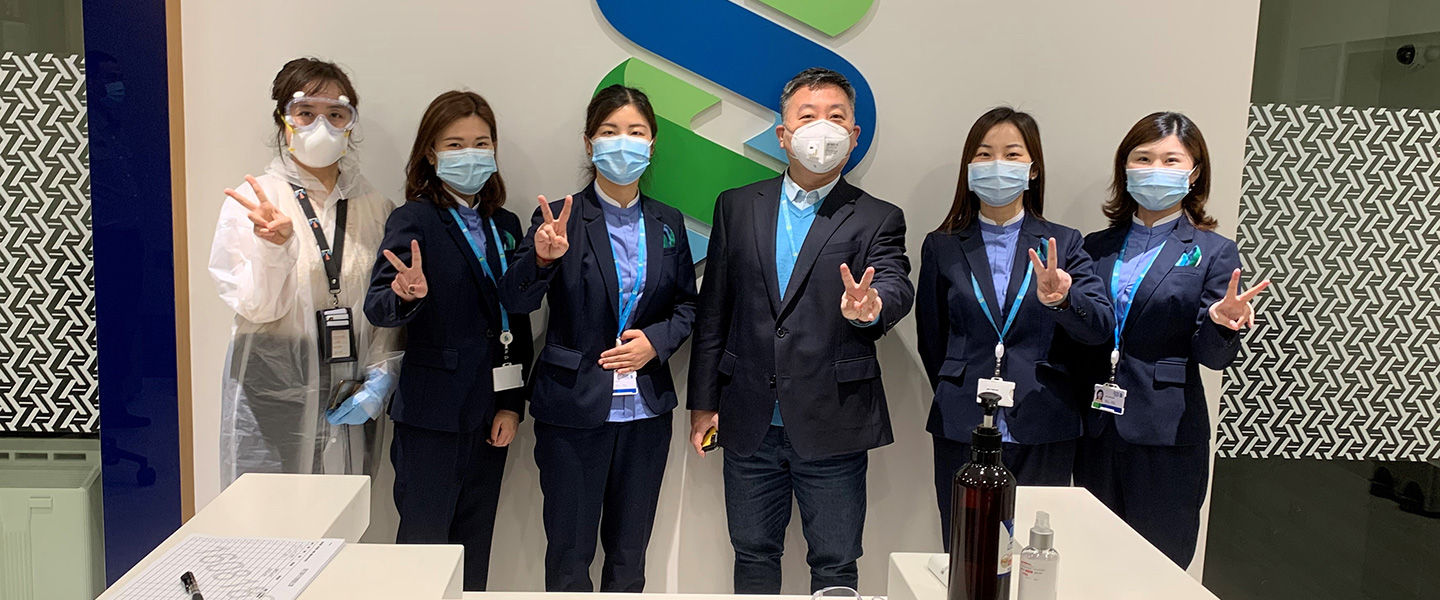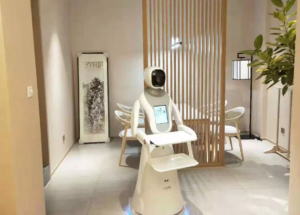Could small businesses play a key role in the COVID-19 recovery?


The small and medium-sized enterprise (SME) sector plays a central role in the global economy. SMEs create a large share of jobs, drive innovation and serve as incubators for the multinationals of tomorrow. We see this first-hand in China, where SMEs account for 60 per cent of China’s GDP and provide 80 per cent of employment in cities.
COVID-19 lockdowns around the world have hit customer demand and SMEs hard. How are entrepreneurs weathering these difficult times and what role can we expect them to play in the global economic recovery?
Based on our experience supporting Chinese SMEs for more than 17 years, we have a few early observations, which we hope can inspire business owners elsewhere. Each market is at a different stage of battling the pandemic, and I believe we can learn from each other.
Early adapter advantage
Many of the business owners we serve have managed to keep employees on by giving them other tasks, such as upgrading internal systems or designing new products and services to prepare the business for the recovery. Some entrepreneurs have also taken the opportunity to retrain their staff, in order to increase the value they create. Finally, many of our clients have shifted their manufacturing or trading businesses to new product lines, based on the emerging opportunities they see.
“These businesses have adapted to survive and provide a blueprint to others who may be able to do the same”
Agile innovators
We often credit the SARS crisis of 2002 to 2004 with fast-tracking e-commerce adoption in China. It is too early to say for sure which trends COVID-19 will accelerate, but I expect SME-driven hi-tech services to be one of them. The pandemic has created new customer needs, thereby generating opportunities for innovation. This is where SMEs can show their value, particularly in the technology sector.

Our client Csjbot, a small business based in Suzhou city (Jiangsu Province of China), quickly deployed various robots to help China fight the pandemic. They sent off Robot Amy, a room delivery service, to bring food to those in isolation centres, thereby reducing human contact and freeing up medical staff. They deployed Robot Aker to work 24/7 at hospitals in Wuhan, enabling medical staff deliver equipment to each other with one push of a button. Finally, they posted Robot Alice to help teachers now that schools have just reopened.
“With most of the world still in lockdown, China’s early signs of an economic rebound offer a light at the end of the tunnel”
Light at the end of the tunnel
It has been heartening to be able to re-open our China branches and, in Wuhan, launch a new sub-branch to support the domestic and international growth of local businesses. It’s very encouraging to see that many Chinese entrepreneurs are now executing recovery plans, though any economic recovery remains vulnerable to potential new waves of infection.
If SMEs are to help us reach that light at the end of the tunnel, we need to support them not just through the crisis, but also as they emerge from it. We need to continue lending and be patient with those developing digital and intelligent solutions, as they need support early on in their research and development stages.
Banks should not only make prudent judgements in risk control and credit assessments, but also take the lead, and coordinate the resources, so SMEs get the support they need to grow.
With our team of relationship managers, specialised in SME needs, we at Standard Chartered can play an important and rewarding role, as we know that our clients’ success will help create jobs and make a significant contribution to the economy.
SMEs can help bring much-needed social stability, innovation and dynamism to the markets where they operate, and their agility could help economies recover. But they can’t do it on their own. Together, we must help get them the resources they need to pave a way out of this crisis for all of us.
Our local team can help you with your banking needs.